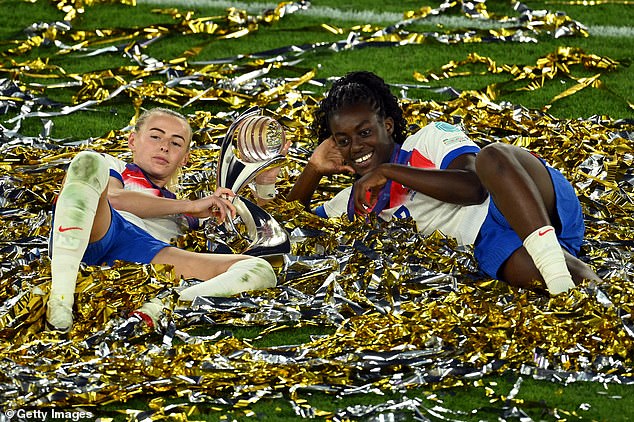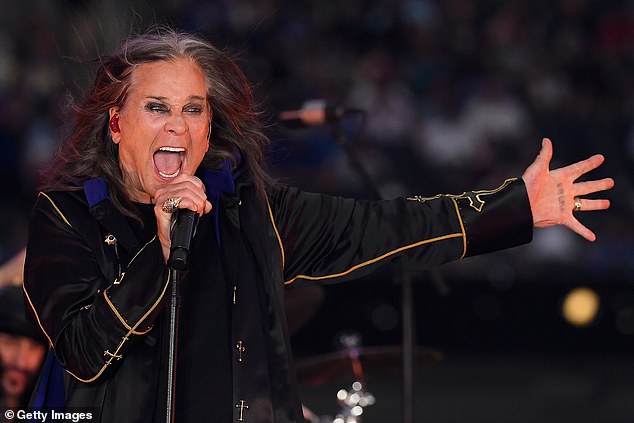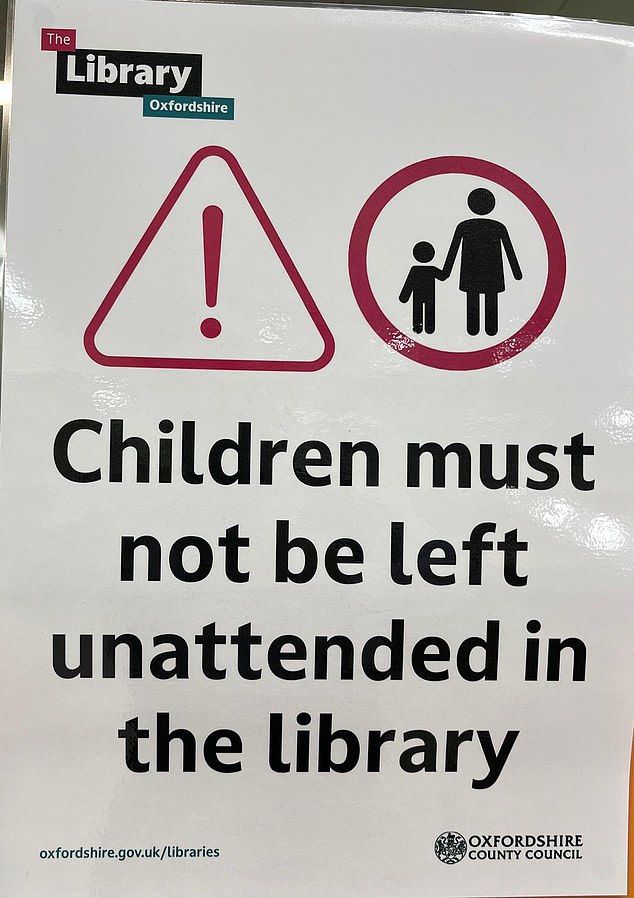For several days now I have been living in a country I do not recognise. Everywhere I turn it is assumed – especially on TV and radio – that I ought to be fiercely interested in women’s football and in the death of someone called Ozzy Osbourne. I am not.
I am of course sorry for the loss of the Osbourne family, as I am for all bereaved persons. But I had never knowingly listened to his, er, work before he died. And now I have been more or less forced to do so, I will try never to listen to it again.
And from what I have been unable to avoid, I do not think we would have got on if we had met. There are musicians and others whose deaths might unite the nation in shared regret and fond memory, but this was not one of those.
As for women’s football, the more I am subjected to big headlines and embarrassing shouty commentary about it, the more I think it is inflated far beyond its importance or real popularity.
I don’t like the male version either, but it is obviously a real cult and also a really big business. What is the reason for the pretence that female soccer is the same?

Chloe Kelly and Michelle Agyemang celebrate England’s win in the Women’s Euro 2025 final
Not since the death of Princess Diana, in which TV coverage treated her sad demise as slightly less important than the Death of God, have I felt so out of step with what the electronic world cared about.
I know many others felt the same way. We could often identify each other on trains and in the street, and exchanged haggard looks as the Dianolatry grew and swelled. And I knew, finally and for sure, that the country’s upper deck had gone rotten when they gave in to the madness.
At her funeral, the congregation, chosen mainly from the adult elite, at first listened in puzzled, polite silence to the strange, subversive speech by her brother Earl Spencer. But the harangue had also been broadcast to the crowds outside, and when they began to applaud the people in Westminster Abbey joined in.
These were mostly men and women who had been brought up from birth in the view that you do not applaud in church, let alone applaud that sort of stuff. But they were scared, so they clapped the Earl and, in that moment, lost the right to rule. If they had not done this, I and millions of others would still have thought that our country was governed by wise grown-ups. Since then I have known it is not.

Ozzy Osbourne performs during half-time of an NFL game at the SoFi Stadium in California on September 8, 2022
But if broadcasting had not, in those strange days, spread the illusion of a vast irresistible wave of public grief, mingled with anti-Establishment resentment,
I do not think any of this could have happened. Much of the cultural revolution which followed Diana’s death would not have taken place.
I won’t intrude into private grief to speculate on why so many in the modern media think Ozzy Osbourne was a major cultural figure. This isn’t the time. Though I will note that last Monday an entire University Challenge team had obviously never even heard of Thomas Gray’s Elegy Written In A Country Churchyard, one of the greatest poems in our language.
But the exaggeration of support for and interest in female football is plainly part of an incessant 50-year revolutionary campaign to persuade us that there are no significant differences between the sexes. Well, I’m not buying it, now or ever.
Farewell to a cruel genius
I have always felt sorry for those who were not exposed to the appalling songs of Tom Lehrer at an early age, as I was.
Mr Lehrer, who seemed to be living for ever, died last week at 97, still a mystery whose personal life is a secret.
I say the songs are appalling because many of them are – cruel, cynical, callous, hurtful, even spiteful – and hugely funny. Dogs get run over, pockets are picked, Christmas is mocked, along with army life, piety, the boy scouts and animal lovers.
But he jeers at things you don’t like just as much as he sneers at things you might like. His mockery of the ‘Folk song army’ – ‘Every one of us cares. We all hate poverty, war, and injustice/Unlike the rest of you squares’ is immortal, as is his dissection of ghastly ‘new maths’ which arrived in schools just too late to wreck my arithmetic.
And then there’s his sarcastic ode to the ‘Old Dope Peddler’, which has grown more true each year that passes:
‘Ev’ry evening you will find him/
Around our neighbourhood/
It’s the old dope peddler/
Doing well by doing good.’
I think of it every time I see one of the many expensive new vehicles my local council employs to do its duties, each emblazoned, rather boastfully, with the phrase ‘Doing Good’. Whoever came up with that idea is one of the unlucky ones who has yet to encounter Mr Lehrer.
Set children free in the library

How my heart shrivelled when I saw this sign: ‘Children must not be left unattended in the library.’
It is adorned not just with a warning red triangle with an exclamation mark but also with a bossy red circle which seems to say, ‘under no circumstances let go of a child’.
Yes, yes, I know what lies behind it, but as far as I know, children’s libraries are staffed by responsible watchful adults who can spot and prevent any wicked deeds.
Some of my best hours were spent unattended in libraries. I remember small suburban ones, all brown lino and the perfume of carbolic soap, where borrowing a book (after much browsing) involved handing over a sturdy ticket to
be placed in a fascinating card-index system. How ashamed I was if I returned it late and had to pay a fine of twopence. Then there was the Edwardian reference library with its moulded ceiling, beautiful dark-panelled walls and shelves towering up to four times my height, reached by special wheeled steps. And there was the library at my generally unbookish boarding school, where it never occurred to anybody to look for me when they were trying to rope me into unpleasant, healthy outdoor activities on wet afternoons.
There was a corner where I could sit ‘unattended’ for hours, lost in words and glad to be so.











